Dogs have a unique way of influencing our lives, often in ways we don’t consciously recognize. Beyond companionship, dogs teach us valuable responsibility, empathy, and time management lessons. Many people don’t realize that their dogs also play a subtle yet powerful role in improving their decision-making skills. Through daily routines, challenges, and interactions, dogs push us to make thoughtful decisions that benefit our well-being. Whether it’s through their training, health management, or communication needs, dogs help sharpen our decision-making skills in unexpected ways.
Developing Patience and Emotional Control

One of the key ways dogs improve decision-making is by teaching patience and emotional control. Dogs can be unpredictable, requiring owners to remain calm and composed when addressing behavioral issues, accidents, or disruptions. This teaches you to assess situations thoughtfully, allowing emotions to settle before reacting. By managing your reactions, you become better at making rational decisions grounded in clear thinking rather than impulsive choices driven by frustration or anxiety.
Time Management and Prioritization
Owning a dog means balancing your time between their needs and your daily responsibilities. From walking and feeding schedules to vet appointments, dogs push owners to be better at time management. Prioritizing their care alongside work, personal time, and other obligations teaches you to structure your day more effectively. You become more adept at deciding what tasks are essential and which can be delayed, ultimately sharpening your ability to manage priorities in other areas of life.
Enhancing Problem-Solving Skills
Dogs present various challenges that require creative problem-solving, whether figuring out how to stop destructive behavior, managing anxiety, or finding ways to keep them entertained. These scenarios require you to think outside the box and experiment with different solutions until you find the best. This constant exercise in problem-solving helps you become more adept at tackling other challenges in your personal and professional life, improving your decision-making abilities in various contexts.
Practicing Empathy and Understanding
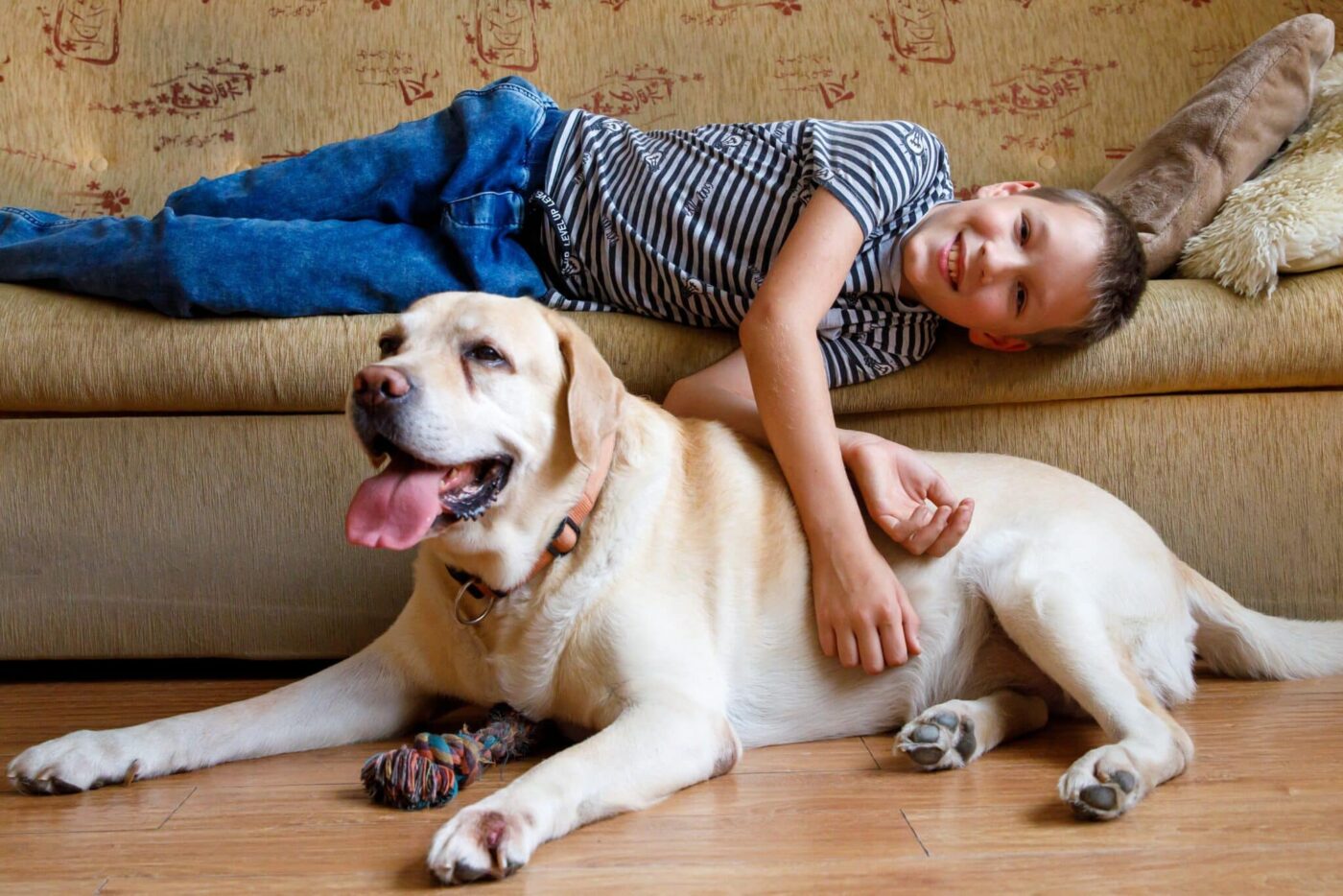
Dogs communicate primarily through body language and behavior, requiring you to develop empathy and understanding to meet their needs. This helps improve your ability to make decisions based on the needs and feelings of others, fostering more thoughtful and compassionate choices in your interactions with people. Reading a dog’s emotions and responding appropriately encourages more mindful decision-making, where the impact on others is considered before taking action.
Learning Flexibility and Adaptability
Dogs can be unpredictable, and their behavior often changes based on their mood, health, or environment. Being a dog owner means learning how to adapt quickly and make decisions on the fly. Whether it’s adjusting plans because your dog isn’t feeling well or figuring out a new walking route due to weather conditions, you become more flexible and adaptive in your thinking. This ability to adjust to new circumstances without stress or frustration translates into better decision-making when faced with unexpected challenges in life.
Building Confidence in Decision-Making
Having a dog forces you to decide on their behalf, from choosing the right food and toys to selecting training methods or healthcare options. With time, you build confidence in your ability to make decisions that positively impact your dog’s well-being. This growing confidence transfers into other areas of life, where you become more comfortable making choices based on informed judgment rather than second-guessing yourself. As you see the positive outcomes of your decisions with your dog, your trust in your decision-making abilities grows stronger.
Anticipating Consequences and Planning Ahead
Dogs teach you the importance of thinking ahead and anticipating potential consequences. Whether it’s deciding how much exercise your dog needs to avoid destructive behavior or choosing the right time to introduce them to new environments, you learn how to consider the ripple effects of your decisions. This skill is essential in decision-making, helping you become more strategic and thoughtful about long-term outcomes rather than focusing solely on immediate benefits.
Managing Risk and Uncertainty
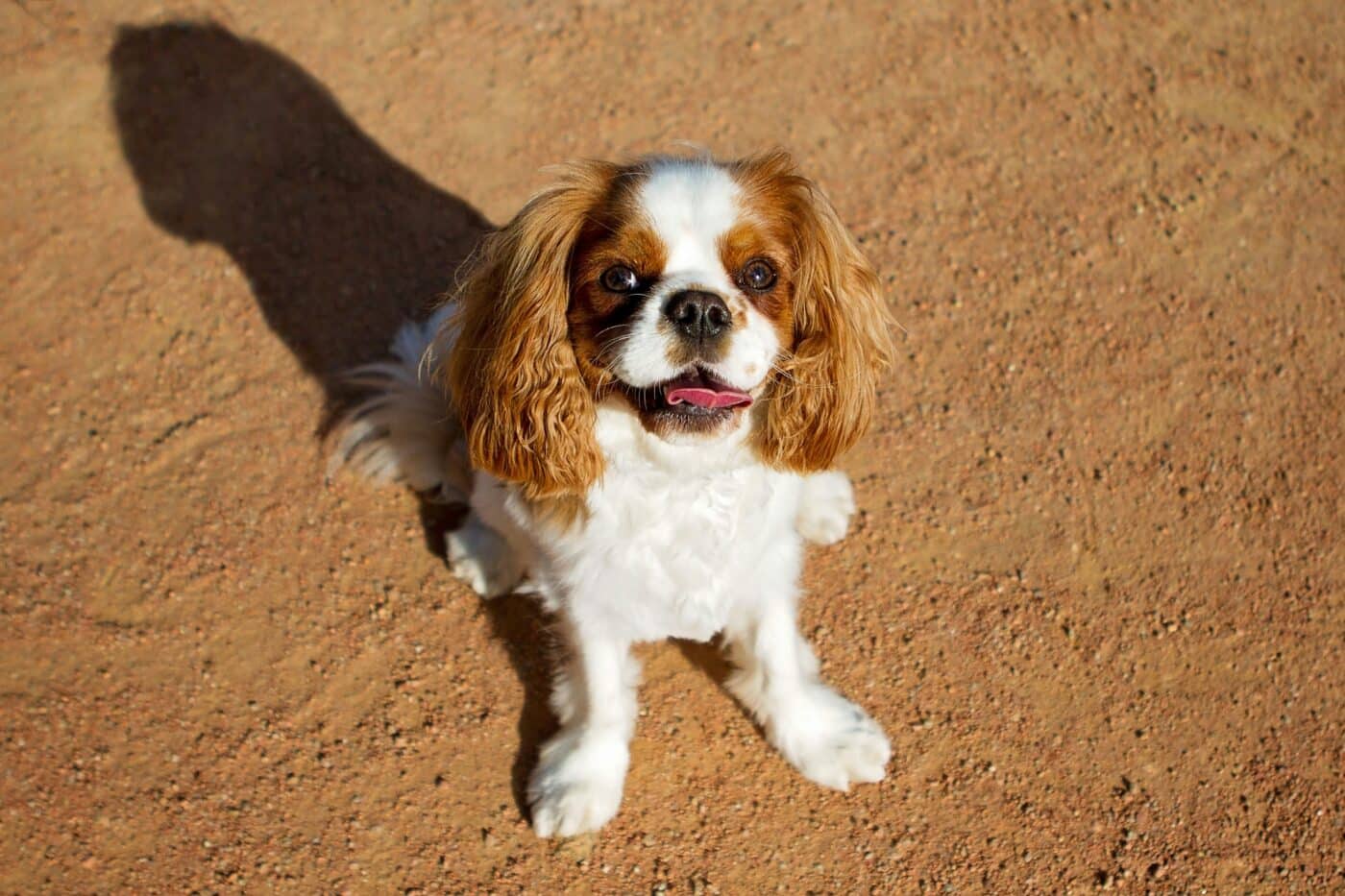
Dogs often place you in situations where you must evaluate risks and make decisions based on incomplete information. For example, deciding whether to let your dog off-leash in a new park requires assessing potential risks and considering whether your dog is well-trained enough for the situation. This type of decision-making involves balancing safety with freedom, a crucial skill when managing risk in other aspects of life. As a dog owner, you become more comfortable making decisions under uncertainty and develop better strategies for minimizing risk while achieving desired outcomes.
Practicing Consistency and Discipline

Dogs thrive on routine and consistency, meaning that as an owner, you must make decisions reinforcing discipline and structure in their lives. Whether it’s sticking to training commands, enforcing boundaries, or maintaining a regular exercise schedule, you learn how to be consistent in your actions. This consistency translates into better decision-making as you become more aware of the importance of following through on commitments and maintaining a disciplined approach to your goals.
Improving Communication and Non-Verbal Skills
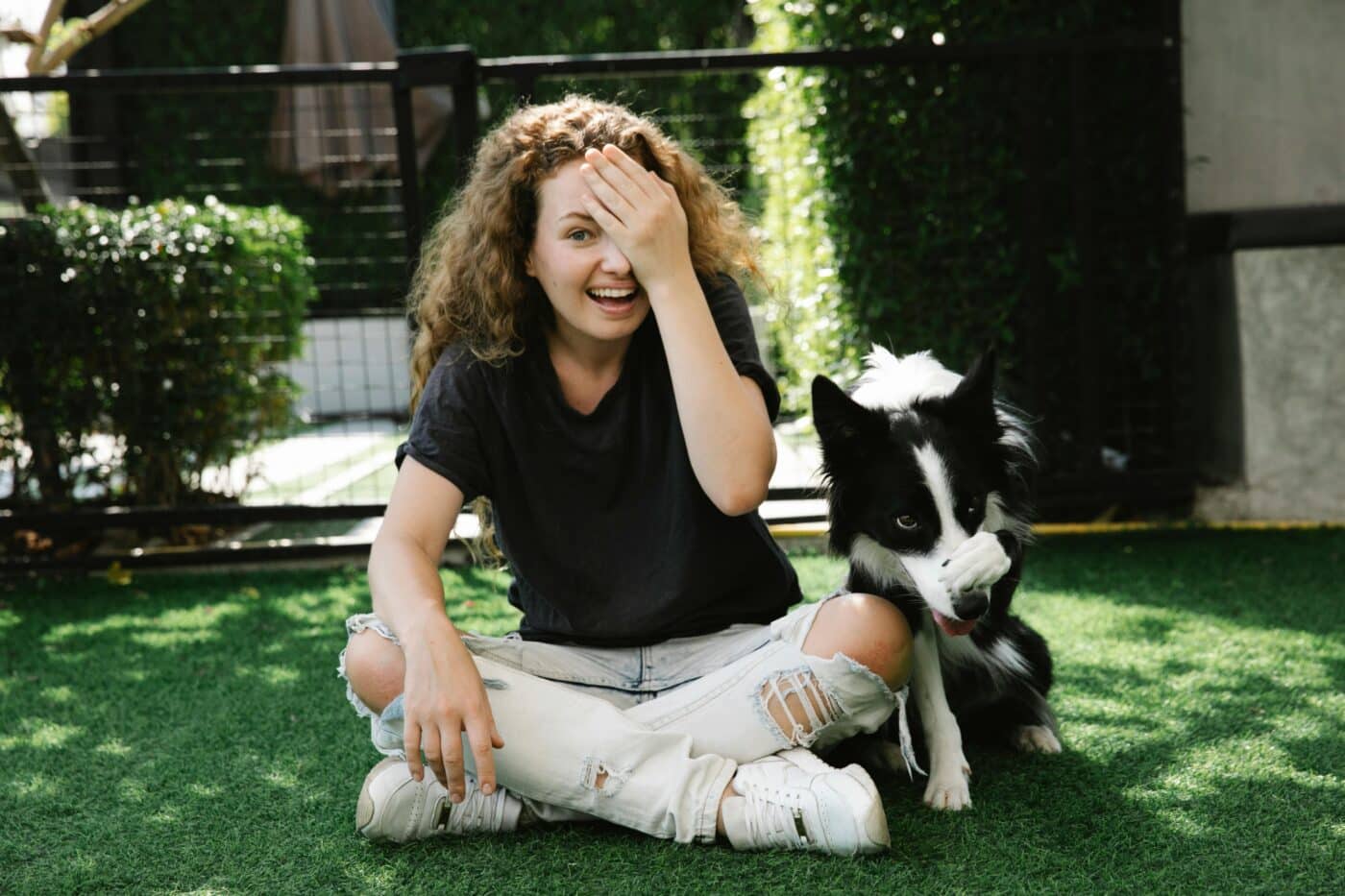
Dogs communicate through non-verbal cues, and learning to understand their signals requires keen observation and intuition. As you become more skilled at interpreting your dog’s body language, you also improve your ability to read non-verbal cues in human interactions. This enhanced communication ability helps you make better decisions in social and professional settings, where understanding underlying emotions and unspoken signals is crucial for effective decision-making.
Learning to Delegate and Trust Others
Many dog owners rely on dog walkers, sitters, or friends to help care for their pets when unavailable. This requires a level of trust and delegation, teaching you to make decisions about who to entrust with your dog’s well-being. The ability to delegate responsibilities and trust others to make decisions on your behalf is an important skill that improves your decision-making in collaborative environments. It helps you recognize when to take control and when to rely on others, fostering better judgment in both personal and professional situations.
Strengthening Focus and Attention to Detail

Dogs often require you to pay close attention to small details, whether noticing subtle changes in their behavior, spotting early signs of illness, or managing their grooming and dietary needs. This practice of paying attention to detail sharpens your ability to focus and assess situations carefully before making decisions. Focusing on details while keeping the bigger picture in mind enhances your decision-making abilities, helping you make well-informed and thoughtful choices in various situations.
Our Unseen Decision-Making Coaches

Though we may not always realize it, our dogs are constantly helping us improve our decision-making skills in subtle yet impactful ways. They teach us patience, adaptability, empathy, and problem-solving, offering lessons beyond basic care and companionship. As we respond to their needs, manage their well-being, and navigate the daily challenges of dog ownership, we grow more confident, thoughtful, and strategic in our decisions. Ultimately, our dogs act as quiet mentors, guiding us to become better decision-makers in all areas of life, big and small.
